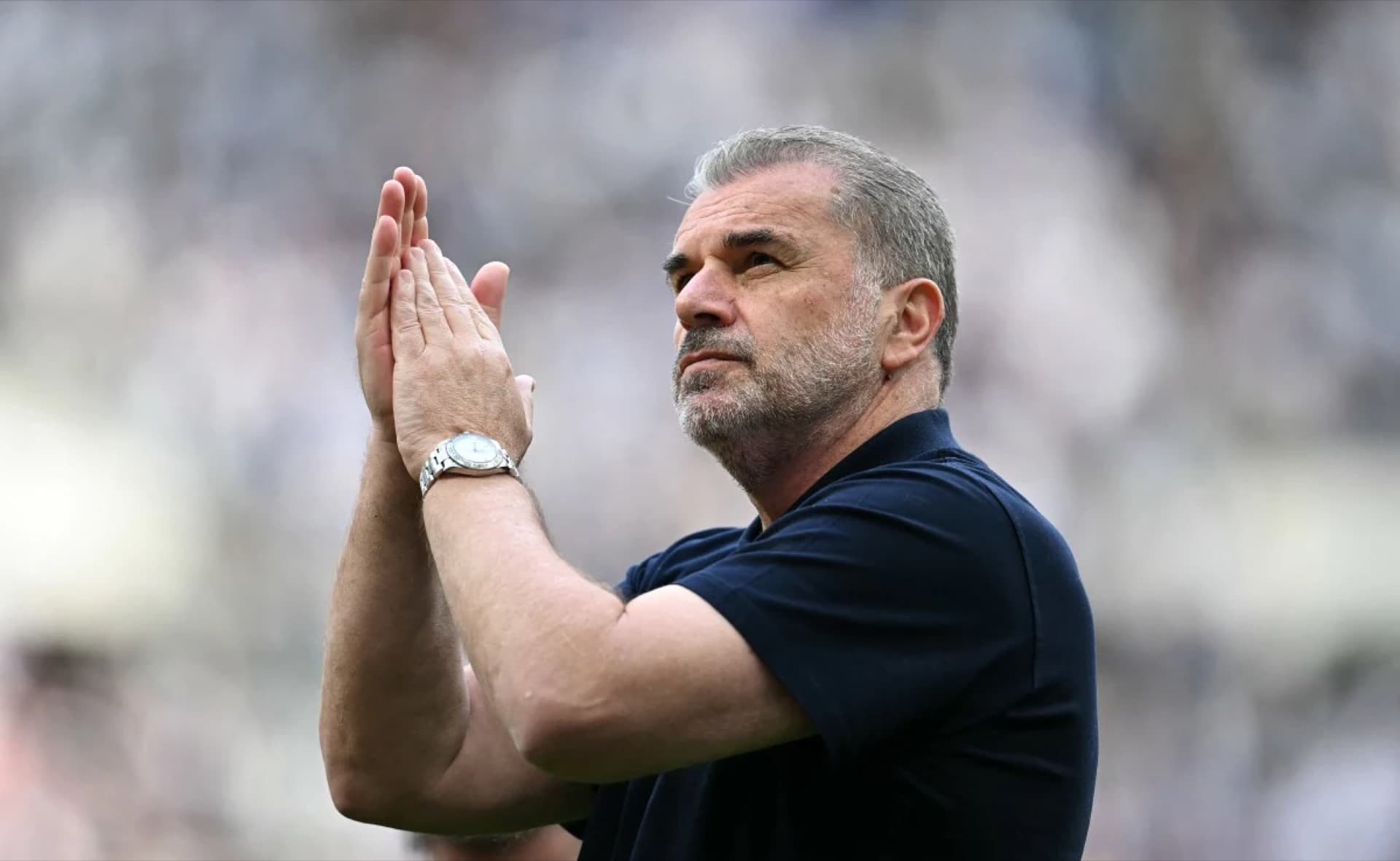Key Intelligence
What happened - Nottingham Forest sacked Ange Postecoglou after just 39 days, the shortest permanent reign in Premier League history.
Why it matters - It highlights football's growing impatience, where instant results override long-term coaching development and identity.
What it means - Evidence shows short-term sackings rarely improve performance; sustainable progress comes from stability and consistency.
What you can do - Set multi-month coaching goals, track development metrics, and use tactico to measure growth beyond results.
The Signal
It took just 39 days. Eight games. Five in the league.
Nottingham Forest's decision to part company with Ange Postecoglou after a 3–0 home defeat to Chelsea has set a new record for the shortest permanent managerial reign in Premier League history. Within 24 hours, Sean Dyche was announced as the replacement - the club's fifth managerial change in just over two years.
The speed of the reset made headlines, but the reaction inside the dressing room told a different story. Senior players reportedly urged accountability, not blame. Rather than scapegoating the manager, they pointed inward - an acknowledgement that quick fixes rarely fix much, and that the real problems often run deeper than tactics or touchline decisions.
In a league defined by money, scrutiny, and the constant churn of results, impatience has become the default setting. Yet football - whether at the City Ground or on a community pitch - remains a long game. The best projects, the ones that endure, are built on conviction, not reaction.
The Myth of the "New-Manager Bounce"
The "new-manager bounce" is one of football's most persistent myths. It feels decisive. A struggling team changes coach, performance spikes, and everyone nods in approval. But the numbers tell a different story.
Academic studies and performance analytics across multiple leagues consistently show that mid-season managerial changes deliver little or no sustained improvement. Where an early bump does occur, it tends to fade quickly - often returning teams to their previous trajectory within a handful of matches. Real gains appear only when the new coach is given time to embed ideas, build relationships, and shift behaviours.
The data is remarkably consistent. By round 10, partial Premier League tables already explain roughly 77% of final-table variance. By round 20, it's 87%; by round 30, 94%. In other words, by the time winter sets in, most clubs are roughly where they'll finish. Short runs are noisy; long-term stability reveals the truth.
So when a board acts after six or seven games, what they're really buying is the illusion of control. The results may briefly flicker upward, but the underlying trajectory - fitness levels, tactical coherence, player adaptation - rarely changes overnight.
Stability clarifies the signal. Impulse only amplifies the noise.
Why Good Coaching Needs Time
Elite schedules compress actual coaching into hours, not weeks. Carlo Ancelotti has said it openly: during congested fixture cycles, the rhythm becomes recovery → video → match. There's barely space for full-squad, high-quality training, never mind rewiring tactical identity.
Add the chaos of modern football - injuries, travel, international breaks, broadcast windows - and even the most experienced coaches need a runway to align their vision with the squad. Culture, chemistry, and confidence aren't delivered through a PowerPoint. They're built, rep by rep, over months of shared experience.
At every level of the game, the same truth applies: time isn't a luxury; it's a requirement.
The Long View Pays (History Keeps Saying So)
None of those stories were written in 39 days.
What Grassroots Coaches and Clubs Can Learn
1️⃣ Set horizons in seasons, not Saturdays
Define what "good" looks like in 3, 6, and 12 months - skill, understanding, enjoyment, and retention - not just results.
2️⃣ Align identity to the squad you've got
Build around current strengths; evolve over time. Misfit plus impatience equals churn.
3️⃣ Make the plan visible
Publish a simple, multi-season pathway - technical, tactical, physical, psychosocial. Share milestones with players and parents to build trust and patience.
4️⃣ Measure more than results
Track what matters: attendance, touches, decisions, confidence, and development. Stop drowning in spreadsheets trying to capture it.
Use matchday as feedback, not verdict. With tactico, real intelligence connects the dots - showing that your 4-3-3 yields 70% more goals than your 4-4-2, or that your passing sessions are improving decision-making speed week on week.
5️⃣ Protect coaching time
If you've got 60 minutes, don't waste 20 on admin.
Less time on forms and logins. More time on the pitch. tactico automates scheduling, attendance, and reports - freeing you to coach, not click.
6️⃣ Invest in people, not just sessions
Mentor new coaches, clarify roles, and keep communication regular. At grassroots level, stability is a competitive advantage.
7️⃣ Hold your nerve through the dip
Change brings turbulence. Decide the review window up front (say, 12 weeks) and stick to it unless culture or safeguarding is at risk.
Common Traps to Avoid
If You're a Club Committee or Head Coach, Try This This Week
The Takeaway
Forest's 39-day reset is a headline. The lesson underneath is quieter: progress compounds.
Clubs that back their coaches with time, clarity, and consistent measurement see deeper, more sustainable growth - whether over 39 days or three seasons. Not because of magic. Because of patience.
The best coaches already know this. They're out there at 6 a.m., building something that won't show up in this weekend's result. They're tracking development when everyone else is tracking scores. They're playing the long game while others chase quick fixes.
That's the football we believe in. Where patience beats panic. Where preparation beats guesswork. Where the work nobody sees creates the moments everybody remembers.
tactico helps make that patience practical - tracking the trends, surfacing the insights, and protecting the hours that matter most: the ones spent on the grass.
The game, uncompromised.
